Associate Professor (Principal Investigator)

Tanja Nijboer
Utrecht University
Department of Experimental Psychology
Helmholtz Institute
Affiliated Assistant Professor
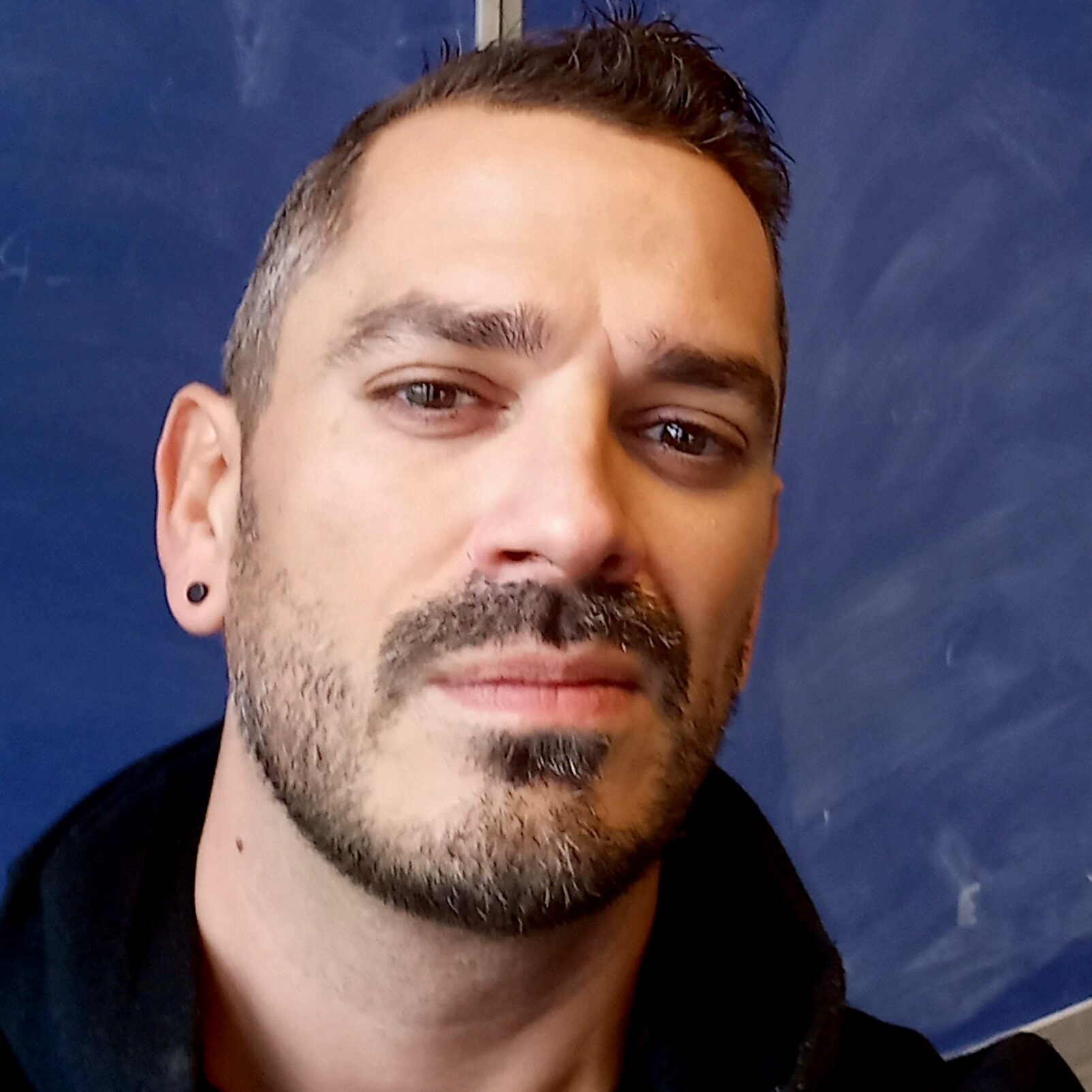
Affiliation: Department of Experimental Psychology, Helmholtz Institute, Utrecht University
For my research, I use machine learning approaches on high-dimensional data to find what aspects of a stimulus best describe a viewer’s behavior. For example, I create models that predict a person’s opinion on a particular art piece and then interpret the parameters of the models to better understand how such an opinion is formed. Now, I am going to apply very similar methods and approaches to your work. Specifically, my role is to bridge the gap between the raw VR data collected and the meaningful insights we aim to extract.
I aim to enhance our understanding of how stroke affects patient behavior in virtual environments, which could potentially lead to more accurate and efficient diagnostic tools.
Postdocs
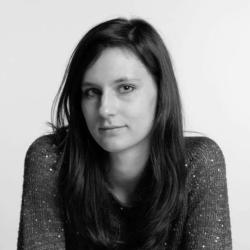
Affiliation: Postdoctoral Researcher at Brain and Cognition, KU Leuven, Leuven, Belgium & Copromotor of Eileen Bousché and Charlotte van de Wouw
Investigating the potential of computational modelling, Bayesian statistics in combination with innovative technology for clinical neuropsychological diagnosis during my postdoctoral research. In addition, during my PhD I developed an immersive virtual reality rehabilitation game (i.e., HEMIRehapp) for hemispatial neglect. We plan to evaluate the efficacy and feasibility of this new rehabilitation approach in the next years.
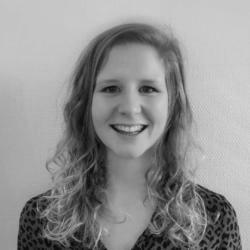
Affiliation: University of Antwerp, Research Group MOVANT (Dept. Rehabilitation Sciences and Physiotherapy)
This joint UAntwerpen – Utrecht project evaluates whether looking into gaze control during walking may increase our insights into the sensory and cognitive functioning as well as postural control abilities of older adults prone to falls.
PhD Candidates
Basic mechanisms
Digitised Neuropsychological Assessment and Mixed Reality
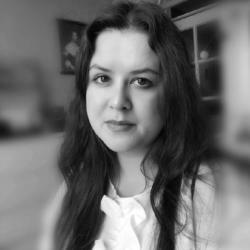
Affiliation: Utrecht University Experimental Psychology
Background: Neuropsychology
I am using Extended Reality (XR) serious gaming and simulation techniques to compliment neuropsychological assessment and training. In addition, I am fine-tuning a questionnaire (CoCo-P) which assesses cognitive complaints and restrictions patients experience during daily activities.

Affiliation: Utrecht University Experimental Psychology and Wilhelmina Children’s Hospital
Background: Neuropsychology
I am working on the ‘Playing for Cognition’ project (grant Stichting Hartekind), in which I will evaluate the effectiveness and feasibility of a Virtual Reality Serious Game for cognitive training in children with congenital heart disease.
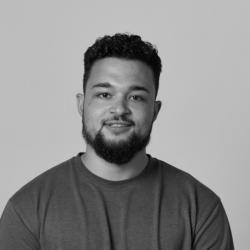
Affiliation: Department of Experimental Psychology, Helmholtz Institute, Utrecht University
Background: B.Sc. Psychology, M.Sc. Cognition and Psychophysiology
I am a PhD student supervised by Tanja Nijboer and Stefan van der Stigchel. My background lies in cognition and attention, specifically in visual perception. My PhD project revolves around finding an objective measurement for the experience of presence, which is defined as “the feeling of being inside of a virtual environment”. I am interested in how the experience can be quantified and utilized in practical applications and in understanding which factors influence the experience of presence.
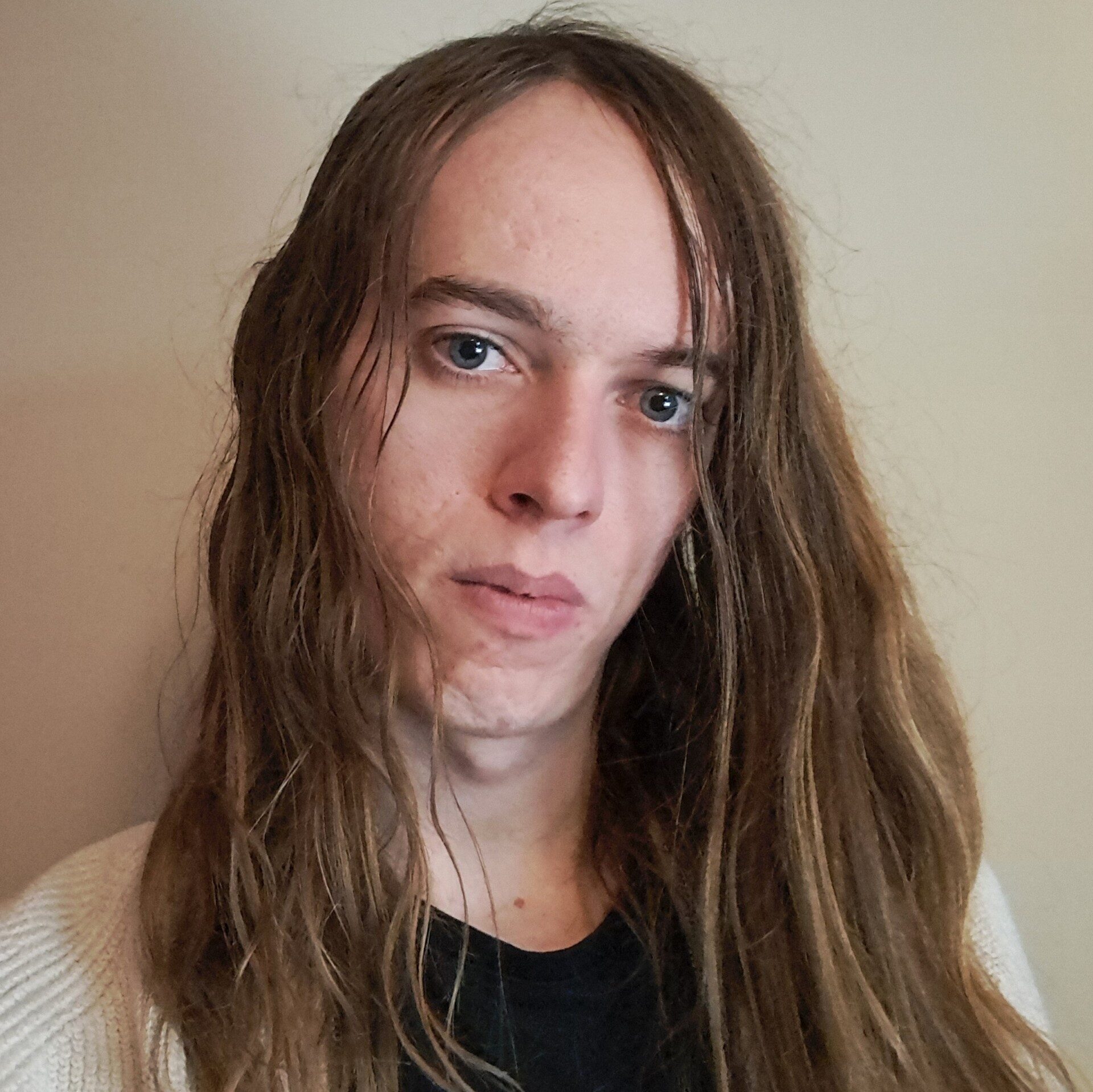
I’m working as one of the PhD students on the VR4eVR project, a large national collaboration aimed to help patients with hemianopia and their caregivers/families/friends to improve their activities of daily living and participation. Hemianopia is a consequence of (usually) stroke, in which the patients are left with (cortical) blindness that could be as extensive as their whole left or right visual field. In VR4eVR, VR technology will be central and rehabilitation will involve both restorative training and compensation strategies. Using my background in computer science, I will be responsible for developing VR applications (e.g. Serious Games, simulations) visual stimulation and visual scan training will be supported in an interactive, motivating fashion.
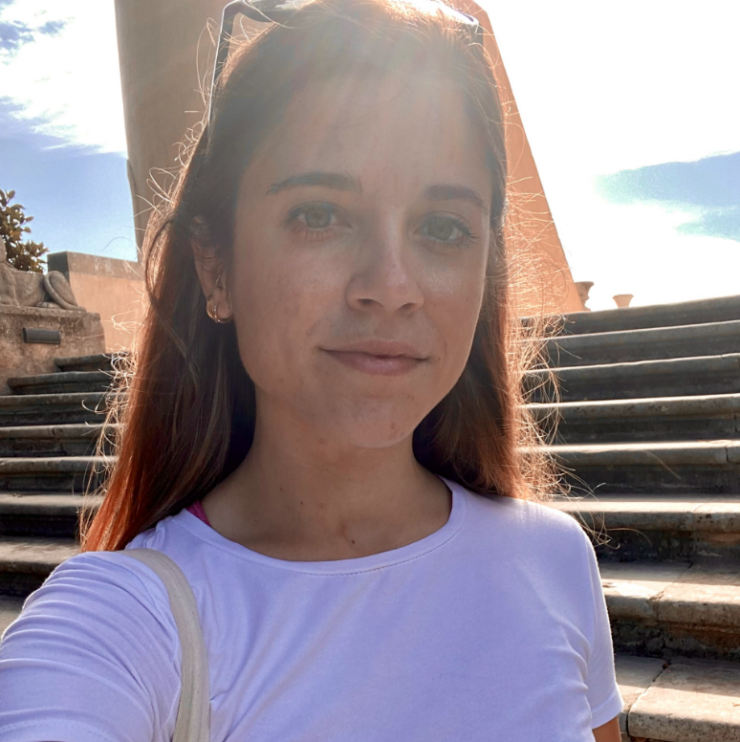
Affiliation: Department of Information and Computing Sciences, Utrecht University
Background: B.Sc. Statistics, M.Sc. Statistics
I am a PhD candidate in the Visualization and Graphics (VIG) group at Utrecht University, where I contribute to the VR4eVR project. This research project leverages Virtual Reality to support the rehabilitation of Hemianopia, a type of partial blindness commonly resulting from stroke. Within VR4eVR, I develop visual analytics systems to explore and interpret complex data from patients’ training programs, including eye-tracking metrics, task performance, and training progression. These tools are designed to support occupational therapists and clinicians in monitoring recovery and optimizing rehabilitation strategies.
Prior to joining Utrecht University, I studied Statistics and worked as a Data Scientist in the financial sector, first at the European Central Bank and later at Prometeia, a consultancy firm. My research interests lie in how VA techniques can enhance the accessibility and transparency of AI models throughout their life cycle, from early data exploration to model explainability and real-world deployment.

Affiliation: Utrecht University / Federal University of Bahia (Brazil)
I am a psychologist and PhD candidate working on psychometrics and neuropsychological assessment, with a focus on prospective memory. In Brazil, I developed and validated an instrument to measure prospective memory performance in adults and older adults. My research also includes cognitive aging, test development, and validation studies. At SMARTneurolab, I am currently collaborating at SMARTneurolab on adapting my prospective memory instrument for the Dutch population and examining how cognitive load influences prospective memory performance.
NIBS and connectivity

Affiliation: Brain Stimulation and Cognition Group, Maastricht University
Background: Neuropsychology
In my current project we study whether high-definition transcranial electrical stimulation can help improve cognitive rehabilitation outcomes for neglect in subacute stroke patients. In this project we use an interactive digital test- and training programme that recruits the patient’s visuomotor system and provides in-depth insight into training progress.
Junior researchers and assistants
Digitised Neuropsychological Assessment and Mixed Reality
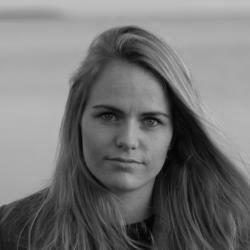
Affiliation: Department of Experimental Psychology, Helmholtz Institute, Utrecht University and Geriatrische Revalidatie Zorg, afdeling Onderzoek, Omring, Hoorn, Nederland
Background: Ergotherapeut en Master Digitale Innovatie in Zorg en Welzijn (M.A.)
Applying Augmented Reality(AR) to align treatments better to the needs of neglect patients. SE(AR)CH = Scan your Environment with AR to Create less Hamper in moving.
Interns MSc
Digitised Neuropsychological Assessment and Mixed Reality
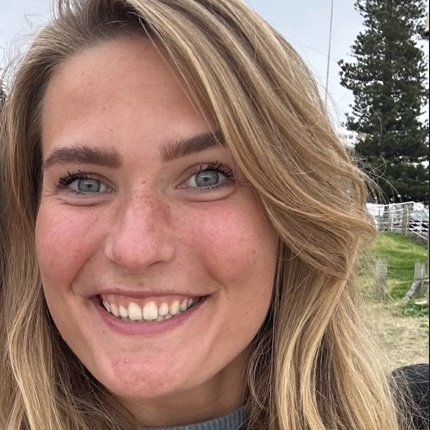
Background: BSc in Psychology and am currently pursuing a Master’s in Neuropsychology.
My research focuses on the cognitive abilities of individuals with acquired brain injury (ABI), specifically how they perform in a virtual reality (VR) simulation of a fast-food restaurant. I aim to compare these performances to those of healthy controls and investigate how they correlate with traditional neuropsychological assessments. Additionally, I am interested in exploring the influence of prior experience in the hospitality industry on cognitive functioning, to understand how this experience might impact performance in both the VR simulation and traditional assessments. I look forward to working on this project and contributing to the field!
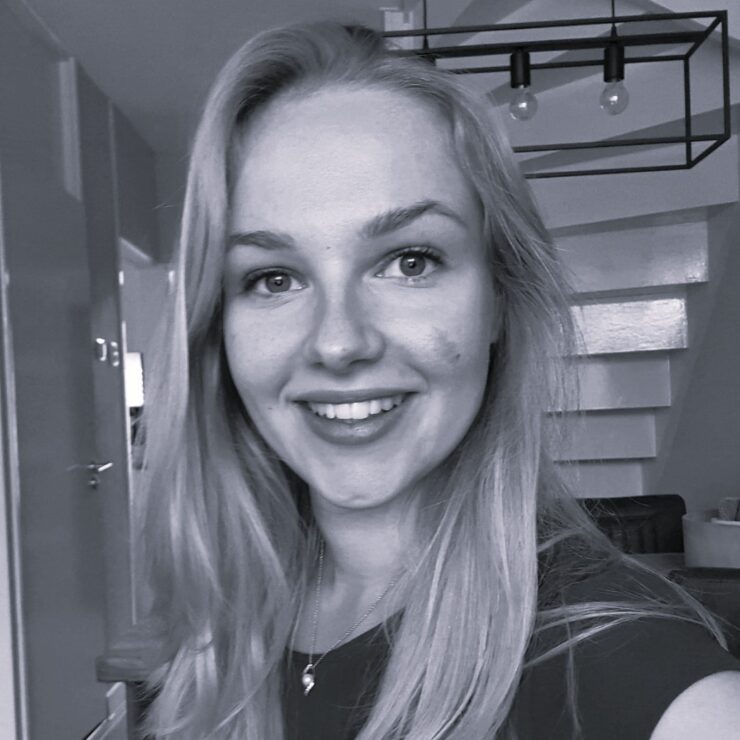
Background: Bachelor’s degree in Psychology and currently working toward a Master’s degree in Neuropsychology.
For my thesis, I will conduct research within the virtual restaurant project, focusing on the use of VR in comparison to traditional neuropsychological assessments. My research will examine how age, user experience, and feasibility influence VR performance. I’m really excited to start the research
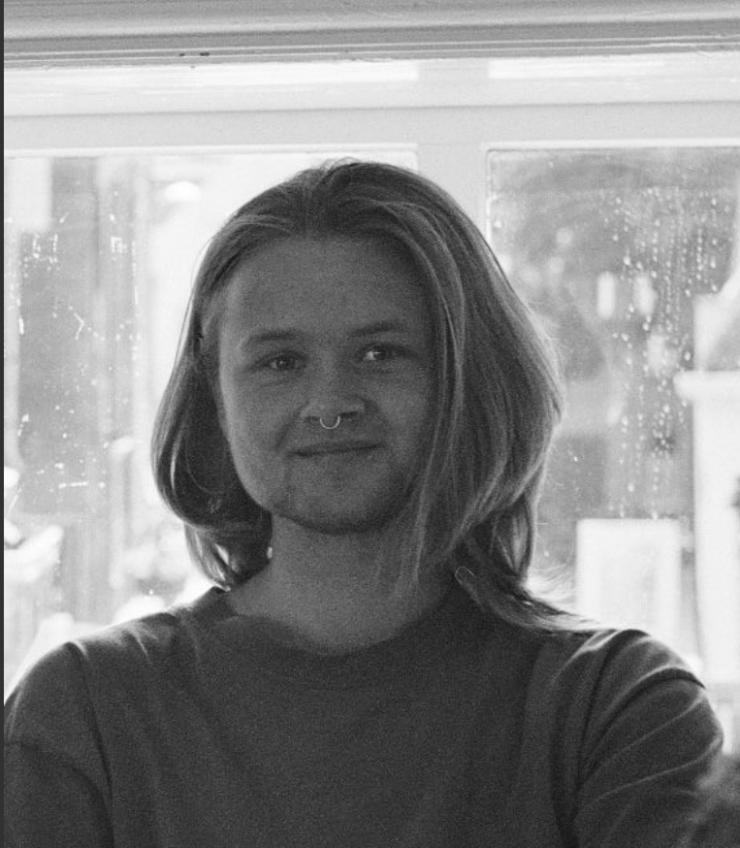
Background: BSc in Computer Science, and currently pursuing a Master’s degree in Game and Media Technology.
For my Master’s thesis with the SMARTneurolab, I will be exploring how character customization and VR simulations can be used to help transgender and gender non-conforming individuals deal with and alleviate gender dysphoria. The aim of this research is to explore an alternative means to help trans* people explore gender expression in a safe and accessible environment.

Background: Bachelor’s degree in Psychology at Radboud University and currently pursuing a Master’s degree in Neuropsychology at Utrecht University.
For my master’s thesis at the SMARTneurolab I will be researching how orientation bias manifests through turning behaviour in the VR restaurant task. I will compare how this turning bias presents itself in healthy individuals and ABI patients and how it is affected by cognitive load and trial time

Student at Utrecht University
Background: MSc. Psychology (Clinical), MSc. Neuropsychology (Currently). Trained in Clinical Psychology and a Counselor. Deep interest in music and languages.
I am working on the project CoCo-P with focus on data collection in Indian context. Understanding the influencing socio-cultural and linguistic factors to analyse data. Finding out the status-quo of the quality of life of people with ABI in India with the integration of cognitive complaints and daily hassles.

Hi there! I’m Manon Arns, and I’m a 24 year old freshman student of the Master’s Neuroscience and Cognition. I’ve been living in Utrecht for over 6 years now, but I’m originally from Nijmegen. Besides studying, I love to spend time making music (I play the piano), dancing, exercising/hiking, and playing board games. I just started my internship at the SMARTneurolab, for which I’ll be investigating a neglect screening database. I’ll look into the different neglect subtypes and tests that are indicative for neglect (subtypes). I’m excited!

Background: Bachelor’s degree in Artificial Intelligence at Utrecht University and currently pursuing a Master’s degree in Applied Cognitive Psychology at Utrecht University.
For my master’s thesis I will be analysing an existing database from a visual neglect screening studie. Using programming and statistical analyses, I will explore patterns in test performance to investigate whether different subtypes of visual neglect can be identified.
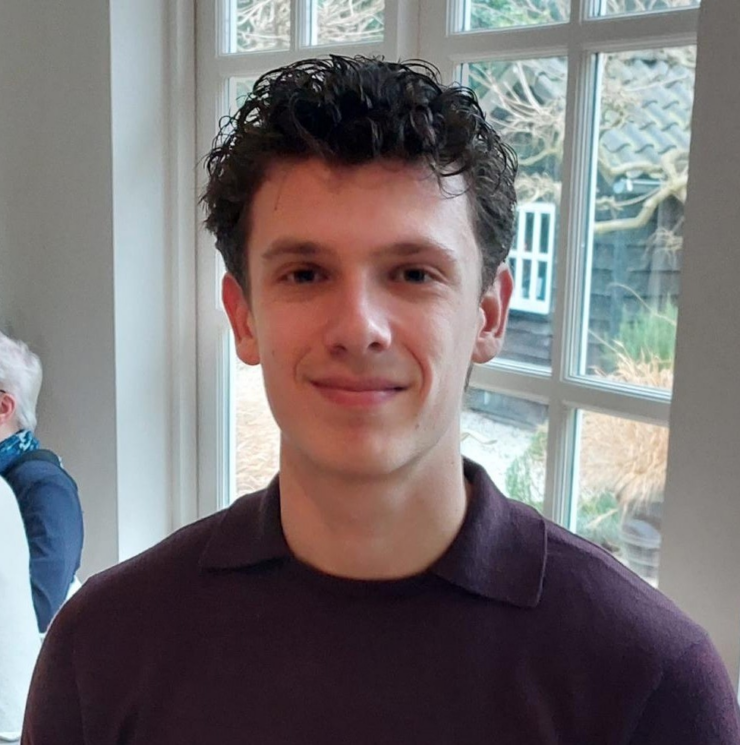
Affiliation: Currently pursuing a Bachelor’s in Information Science at Utrecht University
My research focuses on head movement patterns in individuals with acquired brain injury (ABI) and how they perform in a virtual reality task. The goal is to visualise these head movements in a way that clearly highlights differences between healthy controls and individuals with ABI. In addition, I will be building a visual dashboard that researchers from other fields can use to dynamically explore and visualise patient data. I look forward to contributing my knowledge to this project, and I’m excited to see where it goes.
Social Media
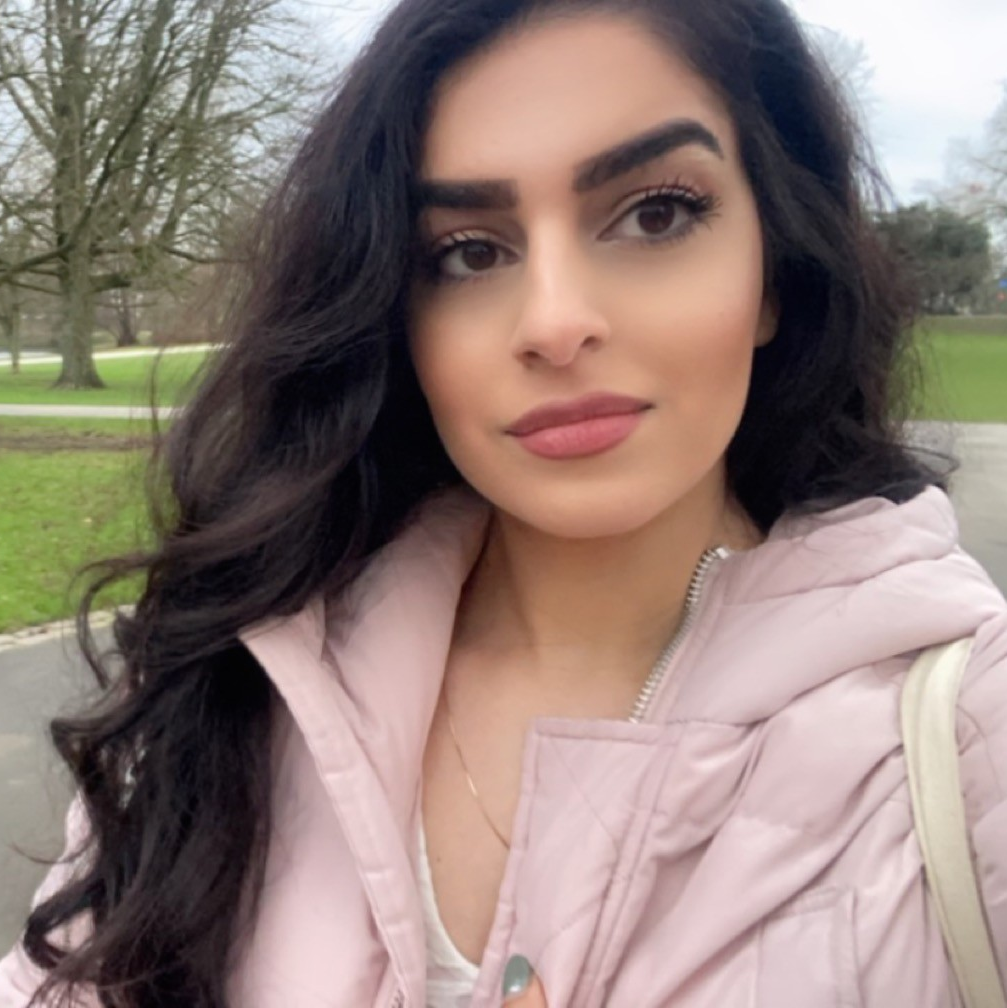
For my Master’s thesis in Artificial Intelligence, I’m exploring how social medial text can reveal signs of depression. The main goal is to use large language models (LLMs) to automatically detect depression symptoms based on what people share online.
Alumni
There have been many others participating in this lab. Read more about them on our alumni page.

